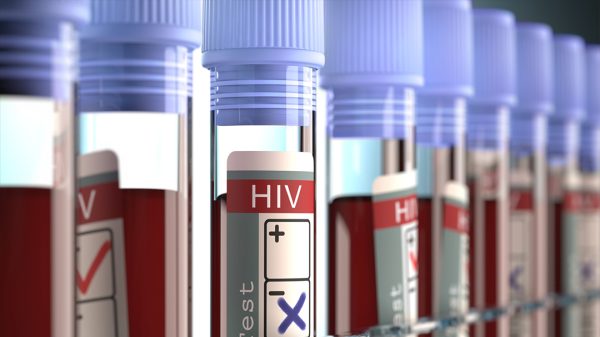Young sexual minority men – a term used to describe gay, bisexual, and other men who have sex with men – with attention-deficit/hyperactivity disorder (ADHD) symptoms are more likely to begin using substances such as cigarettes, alcohol, cannabis, stimulants and illicit drugs at an earlier age.
This is according to a study – “ADHD symptoms and substance use among young sexual minority men: The P18 cohort study” by Stephan A. Brandt, Christopher B. Stults, Kristen D. Krause, et al – that was published in the Journal of Gay & Lesbian Mental Health and led by the Center for Health, Identity, Behavior & Prevention Studies (CHIBPS) at the Rutgers School of Public Health.
In this study, the researchers analyzed data from 597 young sexual minority men to assess ADHD symptoms and their associations with substance use.
The researchers found clinically significant ADHD symptoms were both common and strongly associated with heightened risk and earlier initiation of substance use. Inattentive symptoms were closely tied to cigarette use, while both inattentive and hyperactive/impulsive symptoms predicted earlier use across all substances assessed.
“Given that young sexual minority men are disproportionately impacted by several other mental and physical health problems, this phenomenon warrants further attention from healthcare providers, researchers, and policymakers alike,” said co-author Krause.
Findings also suggested key differences across subgroups.
The connection between ADHD and early-onset substance use was stronger among bisexual men than among gay men, suggesting that tailored prevention strategies may be needed to address distinct vulnerabilities within the sexual minority population.
Krause said the findings underscore the importance of integrating mental health and substance use screening and prevention efforts for sexual minority youth, particularly young men. Early identification of ADHD and intervention strategies could help reduce long-term health disparities in this group.
“(W)e have long understood that health risks do not occur in a vacuum but that they are the result of the complex interplay of person, social conditions, and physical and mental health,” said co-author Perry N. Halkitis. “Modern and relevant public health approaches recognize that simply telling people to become vaccinated, wear a condom every time, and/or of banning menthol cigarettes is simply not enough.”
The focus, stressed Halkitis, “must be on the person not the drug or the pathogen.”
The researchers said future studies should use different measurement tools to better estimate ADHD prevalence and severity in sexual minority men. Longitudinal approaches that account for factors such as resilience, mental health comorbidities and social support could offer deeper insights and inform more effective interventions.






























































